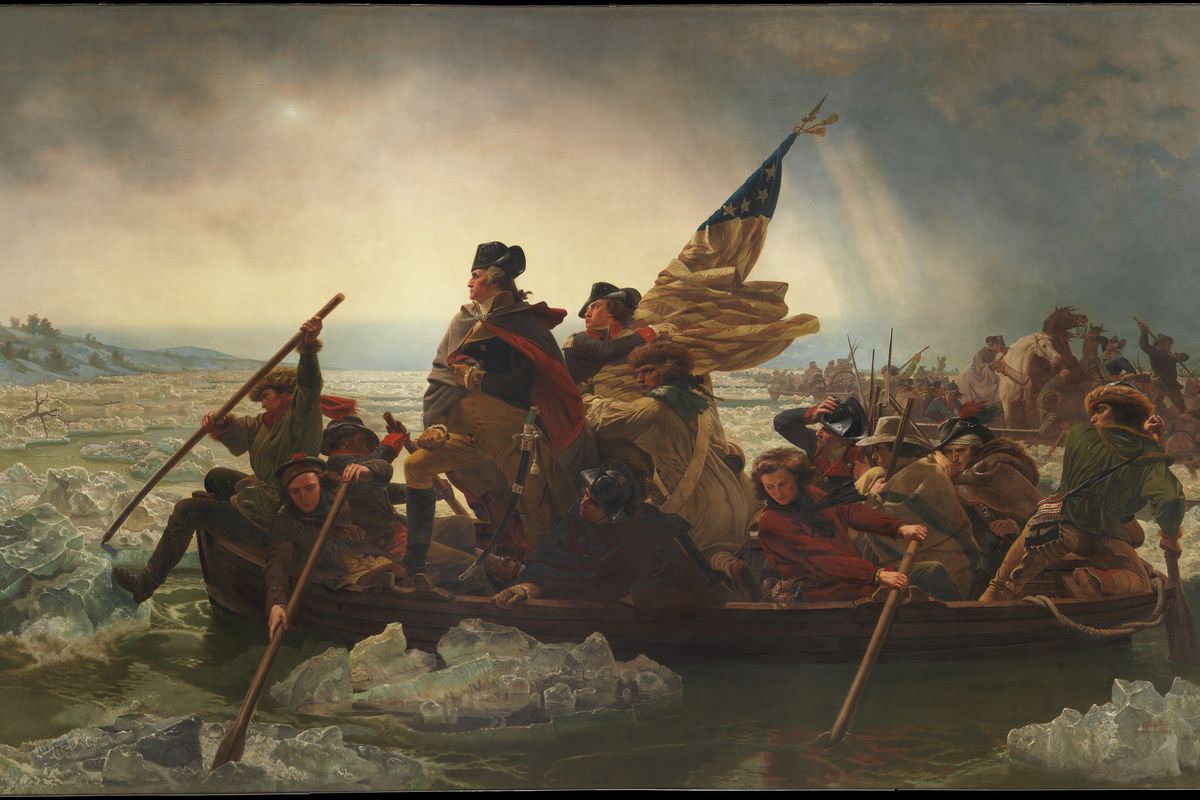Kerby Anderson
America is a divided country. Os Guinness in his book, Last Call for Liberty, argues that the American republic is suffering its gravest crisis since the Civil War. He believes that the root of this disagreement is two different definitions of freedom.
One view of freedom is embodied in “1776 and the American Revolution.” The other view arose in “1789 and the French Revolution.” The first can be found in the Declaration of Independence that owes its formulation to the Protestant Reformation and even earlier in the ideas found in the book of Exodus in the Bible. The second can be found in France’s “Liberté, Egalité, Fraternité” that ended in the Reign of Terror. To that we can add Marx’s “triumph of the proletariat” and in the policies of Stalin and Mao Zedong.
His book asks ten questions that make up the chapters in the book. When he was in studio with me talking about his book, I mentioned that few Americans could answer the questions in the affirmative. He asks, “Do you know where your freedom comes from?” Even fewer could offer good answers to questions like, “How do you plan to sustain freedom?”
He also addresses the question, “How will you make the world safe for diversity?” Here we have two starkly different visions of public life. On the one side are proponents of what Richard John Neuhaus called a naked public square that would exclude religion and religious expressions from public life. Proponents of a sacred public square would give preference to one religion. He advocates for a civil public square where citizens of all faiths are free to enter and engage public life on the basis of their faith.
This book provides wise counsel on how Christians can be at the forefront of bringing America back to a proper understanding of freedom.
 Listen Online
Listen Online Watch Online
Watch Online Find a Station in Your Area
Find a Station in Your Area











 Listen Now
Listen Now Watch Online
Watch Online
